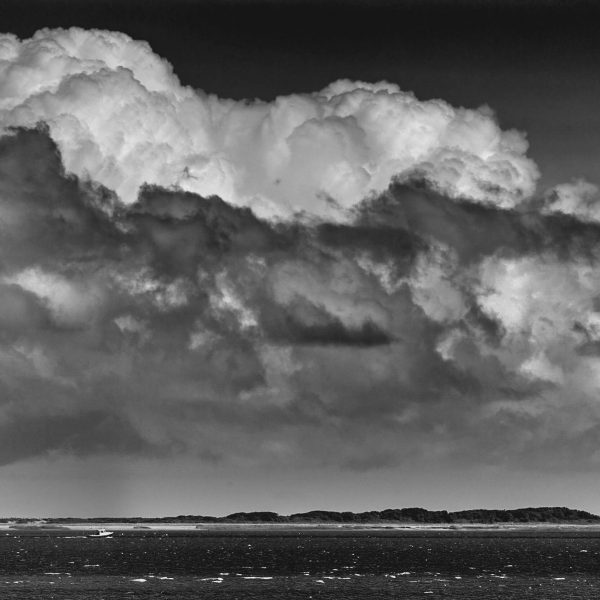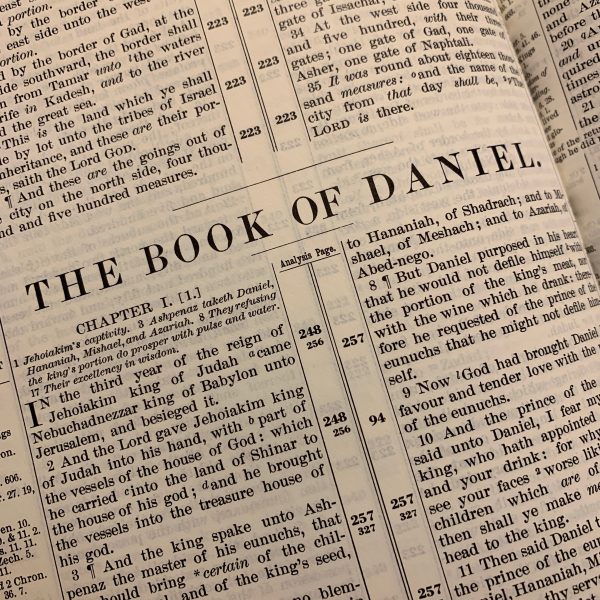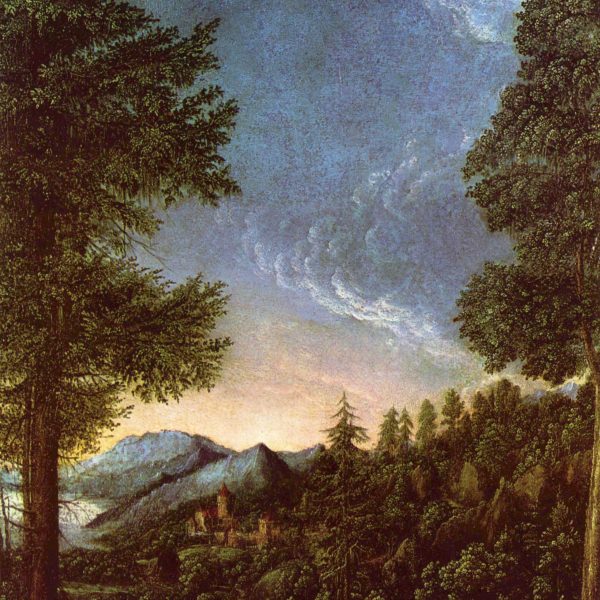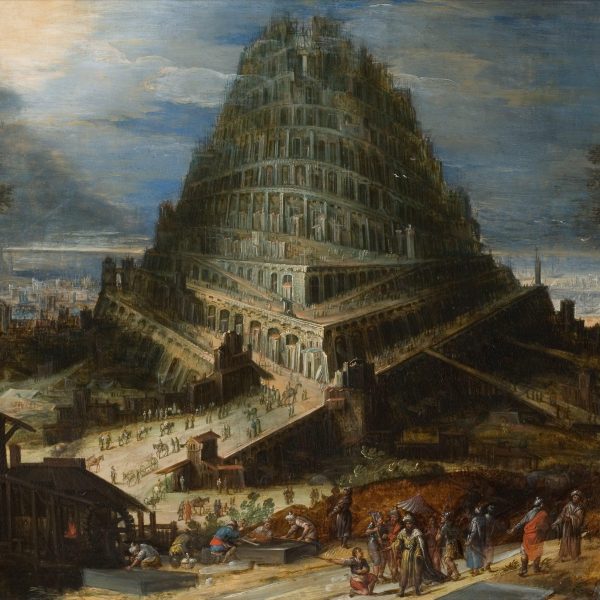Chelsea Mak
Chelsea Mak is a doctoral candidate in Hebrew Bible at Emory University in Atlanta, Georgia. Her dissertation, “‘Therefore the Land Mourns:’ The Ecological Body in 8th Century Israelite Religion,” explores how the religious ecology of Israelite religion is revealed in the mutually constitutive relationship between the body and land as found in text and material culture. By attending to a multiplicity of narratives in dialectical encounter, those of the land and the prophetic texts of Hosea, Amos, and Micah, the project further illuminates the stakes of Israelite religious practices as situated within the political economy of the 8th century BCE. Chelsea is the series editor for the Politics of Scripture, a blog on the Political Theology Network.








